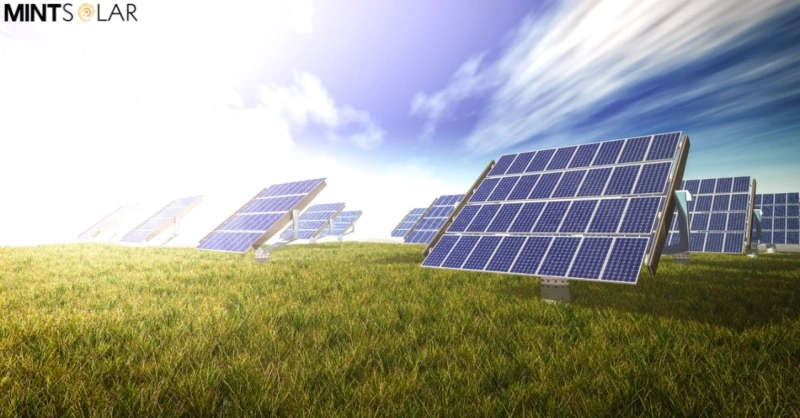Solar energy is on the rise worldwide as more and more countries are switching to renewable energy types out of necessity. The sun shines every day and amazingly, the energy it supplies the earth for one hour can meet the world's energy needs for an entire year.
However, we are only able to harness 0.001 percent of that energy, so we only have to use as much power as this magnificent star at the center of the solar system provides us.
The use of solar panels dates back to 1839 when Alexandre Edmond Becquerel discovered the photovoltaic effect, which described how sunlight could be used to generate electricity clever boy.
The cost of a solar panel for home has fallen in recent years as the clamor for green energy alternatives grows and technological efficiencies improve.
Today, solar panels are a viable way to cut your electricity bills (although they can be expensive at first) as well as allow you to do your part in the fight for a self-sustainable living, or at least your carbon footprint reduces them at home, it's an easy way to help save the planet, so you're doing the right thing by your children and your children's children.
How do solar panels work for homes?
Solar panels work by absorbing sunlight with photovoltaic (PV) cells, which are usually placed on the roof of a house. The panels convert this sunlight into direct current (DC) energy that goes to an inverter inside the house, which converts it into alternating current (AC) energy, which is then used to supply power to any appliances with electricity. passes through the electrical panel of the house. Power Any excess power will be sent to the electric grid, which in turn provides the power you need if you use more than the panels.
That's a lot to take in all at once, so here's your four-step overview:
Solar panels absorb energy from the sun and convert it into DC electricity.DC power from your solar panels is converted to AC power by inverter technology (AC power is used by most home appliances).Electricity flows through your home, powering electronic devices and appliances.Any excess electricity produced by the solar panels is fed back into the electricity grid.So, how do solar panels work to generate electricity?
Ready for your second science lesson? Each PV cell is basically a sandwich (admittedly not as tasty as a BLT) made of two pieces of a semiconducting material such as silicon. When light interacts with a silicon cell, it causes electrons to set in motion which initiates a flow of electric current known as the 'photovoltaic effect.
You get distracted thinking about BLTs, don't you? Don't worry, it happens. Let's go back to the topic and explain how it works:
Solar cells absorb incoming energy in the form of sunlight.Electrons begin to flow, which creates an electric current.The wiring captures the electrical current and connects it to power other solar cells.Benefits of Solar Panels
Now that you know what they are and how they work, we can tell you why to care.
Renewable Energy Sources: Solar energy has been accessible for as long as we have had the Sun, which scientists believe is at least five billion years old. It is a truly renewable energy source and does not produce gases, pollute water or make noise. It is a green dream.Reduces electricity bills: Since you will be generating some of your energy needs from solar panels, your overall electricity bills will go down. You can also earn money by selling any unused electricity back to the grid and you can switch gas and electricity suppliers even if you have solar panels.Time: Home energy consumption needs are highest in the afternoon and evening when people are at home. This is correct because solar energy reaches maximum output around that time. Note: Solar panels do not work at night.Low maintenance: Solar panels don't require much maintenance - just a cleaning a few times a year. The warranty is usually for 20-25 years and the inverter needs to be replaced only after 10 years.

